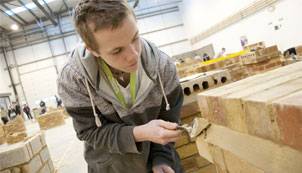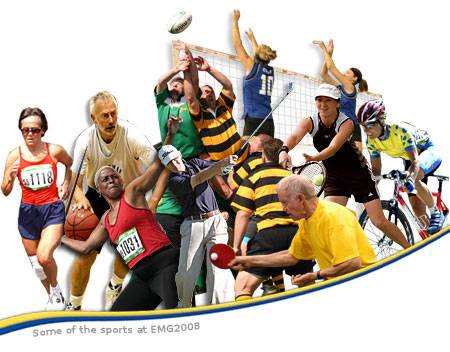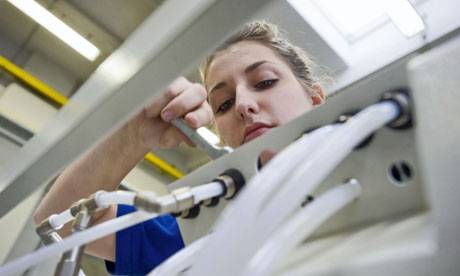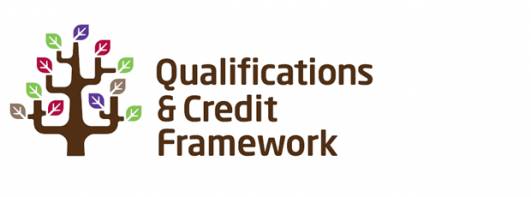 Vocational Qualifications are practical, work-related qualifications that you can learn, usually from the age of 16. They are a lot more work-based than the traditional A-levels or Degrees, and suit students who know what career direction they wish to take.
Vocational Qualifications are practical, work-related qualifications that you can learn, usually from the age of 16. They are a lot more work-based than the traditional A-levels or Degrees, and suit students who know what career direction they wish to take.
There are 4 types of vocational qualifications you can study -
- National Vocational Qualification - NVQ
- BTEC, City and Guilds, Diplomas and OCR National Qualification
- Apprenticeships
- Qualifications Credit Framework (QCF)
NVQ will help you achieve a recognised qualification related to a  particular career. You can study NVQs at work, college or as part of an apprenticeship.
particular career. You can study NVQs at work, college or as part of an apprenticeship.
You have to be employed and have access to a workplace. As they are a 'competence-based' qualification, this means you learn practical, work-related tasks to help you develop the skills and knowledge to do a job effectively.
NVQs are assessed through practical assignments and a portfolio of evidence. Normally an assessor will observe you and question you about the work you carry out within the workplace. They test your knowledge and understanding, as well as your performance.
There are plenty of NVQs to choose from and they are available in the majority of job sectors.
BTEC, City and Guilds, Diplomas and OCR National Qualifications
These qualifications are a lot broader than the NVQs, as they are a mixture of theory and practice within a certain sector or industry,  rather than a specific job. They are usually studied full-time at college or at school (though part-time courses are also available.)
rather than a specific job. They are usually studied full-time at college or at school (though part-time courses are also available.)
Many of these qualifications at level 3 can be studied instead of or alongside A levels. Many of the level 3 qualifications have UCAS points which are recognised as entry qualifications for higher education.
The assessment process on these qualifications is quite diverse, and really depends on the course and awarding body, though in general it is assessment-based, not exam-based.
Apprenticeships
An apprenticeship is a way of learning on the job, as it combines paid work with training, qualifications and progression. Normally, you see apprenticeships with skilled jobs such as plumbing, building, electricians but many companies will consider this type of training.

You are able to study for a number of qualifications such as NVQs, BTECs, City and Guilds and OCR Nationals as part of your Apprenticeship.
Qualifications Credit Framework - QCF

The Government is bringing in major changes to the way skills and qualifications are recognised.
The QFC is a new way of recognising achievements. Previously, you had to do an entire qualification on a particular subject, but the QCF allows you to mix and match different components to create you own tailor-made qualification. Sounds exciting!

Any of the above qualifications are a fun way to learn whilst also getting workplace experience. If you decide that A levels are maybe not for you, then perhaps you should consider a Vocational Qualification.